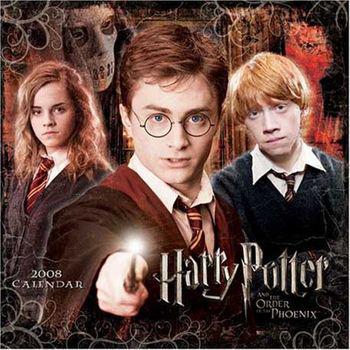
During National Novel Writing Month, many an aspiring novelist will start with a great character. He will know his hero backwards and forward, as if he is his very best friend.
He'll describe how the hero looks, down to the cleft in his chin. He'll know about his childhood, his teen angst, his tribulations and his desires.
But now that it's time to give his hero something to do, the writer stalls out.
Why does this happen?
Because in this case, the backstory is the story.
So why not move it front and center?
If you can answer yes to these four questions, then the Muse is trying to tell you (HELLOOOOO!) that the better book to write starts where your hero first intrigued you:
1. When describing your book to others, do you find yourself spending more time describing your hero's past, but get stuck on telling what will happen to him in the book?
2. Is half of what you wrote in your synopsis his backstory?
3. Did it take all of Chapter One to describe your character before you realized you had nowhere to go with Chapter Two?
4. Do you find yourself rewriting the details of your hero's past, because it's more interesting than considering his future?
Take a broad hint: There is gold in the hills of his backstory.
Harry Potter is a perfect example of this. Can you imagine if J.K. Rowling had started her epic story in, say, Book 6 -- The Half-Blood Prince -- when Harry was already at Hogwarts and just realizing his true role in a world turning darker, more sinister? Surely this book in the series and the seventh, could have been tweaked to stand-alone...
But consider how much was gained by knowing so much more of Harry's backstory.
That's because it was never just his backstory.
It was the story.
Bottom line: start at the real beginning: when you first realized that your hero intrigued you.
Maybe it was when he did that old-soul thing at age three. Or when he had his first kiss. Or when he accidently drove his parent's car into the lake.
Not all stories were meant to start where we want them to begin. Sometimes they start earlier, or later.
If you start your story at a point that is most interesting in your character's life, your readers will be sucked along on his journey, too.
So take them along for the ride.
It ain't the prequel. It's the beginning of a wonderful friendship between your hero and your reader.
(c) 2011 Josie Brown. All rights reserved.
I've got a question for you: Which character's backstory would you have liked to have read about, as a book?

